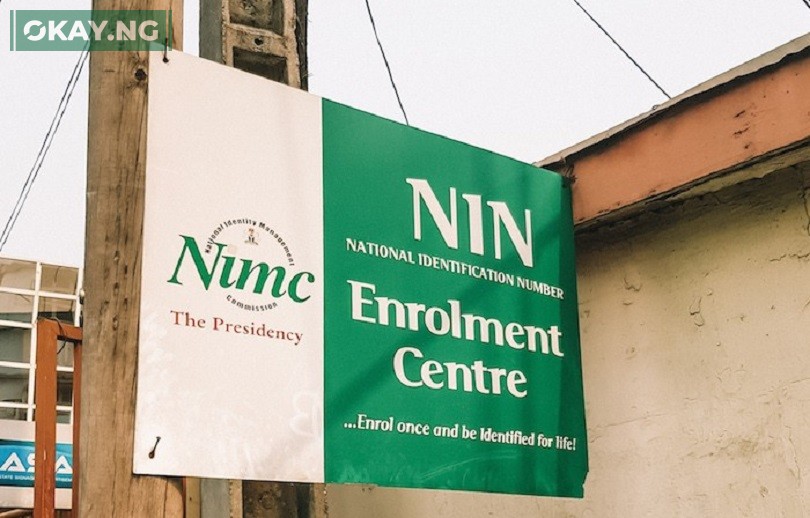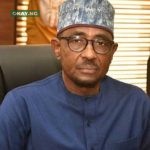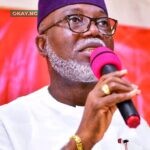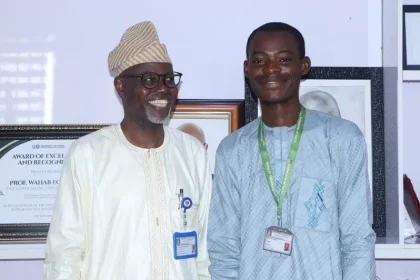A remarkable surge in diaspora National Identification Number (NIN) enrolments signals a significant leap in Nigeria’s quest to digitally capture its global citizenry. New data from the National Identity Management Commission (NIMC) reveals a 307.88 percent increase, with enrolments jumping from 366,164 in February 2023 to a staggering 1.49 million by February 2025. This dramatic rise underscores the government’s intensified efforts to integrate Nigerians living abroad into the national identity database.
Breaking down the numbers, 930,044 of the enrolled individuals are male, while 563,469 are female. This surge contributes to the overall national NIN enrolment, which climbed by 21.24 percent, reaching 117 million from 96.5 million in the same period. Considering the World Bank’s estimation of 1.7 million Nigerians residing in the diaspora, as noted in their ‘The World Development Report 2023: Migrants, refugees, and societies,’ the government’s push for comprehensive registration takes on greater significance.
“Through NIN, the government hopes to link citizens’ records — demographic data, fingerprints, head-to-shoulder facial pictures, other biometric data, and digital signatures — in a national identity database to enable easy confirmation and verification of identity,” as stated by NIMC. This initiative aims to streamline identity verification, crucial for various administrative and transactional purposes.
The journey to this milestone began in 2019 with the launch of diaspora registrations, a move necessitated by the growing need for diasporan Nigerians to link their NINs with international passports for renewal. This process, while not free, is now made more accessible through technological advancements.
In 2023, NIN services were available in 77 countries, spanning Africa, Asia/Middle East, Europe/Oceania, and the Americas. Recognizing the challenges faced by the diaspora, the government in 2024 launched an app and a dedicated focal point desk to resolve issues within 24 hours. Abike Dabiri-Erewa, chairman of the Nigerians in Diaspora Commission, emphasized that “the new system would ensure easy linkage of NIN with international passports for diasporan Nigerians.”
Read Also: Nigerians in Diaspora Pump N60 Billion into Nigerian Economy During Festive Season
The commission’s recent rollout of diaspora contactless enrolment software further simplifies the process, reflecting a commitment to seamless service delivery. “We are rolling out diaspora contactless enrolment software to enable the country’s diaspora population to experience seamless enrolment for NIN,” a commission statement noted.
This digital transformation is backed by substantial financial support. Nigeria has secured $228.59 million from a $430 million facility provided by the World Bank, French Development Agency, and European Investment Bank, demonstrating international confidence in the project’s potential.
The World Bank’s assessment highlights the broader implications of this initiative. “By investing in ‘digital identification and the accompanying analogue complements, Nigeria can unlock its digital economy which will have a ripple effect across the continent.” This suggests that the NIN project is not merely an administrative exercise but a strategic investment in Nigeria’s economic future.
This surge in NIN enrolment represents more than just data points. It signifies a growing sense of inclusion for Nigerians living abroad. For many, the ability to seamlessly connect with their homeland through a digital identity is both practical and emotionally significant. It addresses the bureaucratic hurdles that often complicate their lives, fostering a stronger sense of belonging. As I consider the implications, I realize it’s about more than just numbers; it’s about connecting people to their roots in a digital age.
The government’s persistent efforts to streamline the enrolment process reflect an understanding of the diaspora’s needs. As the project progresses, it holds the promise of not only enhancing administrative efficiency but also unlocking economic opportunities for Nigeria and its citizens, both at home and abroad.












